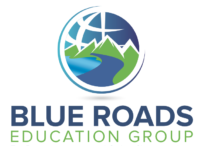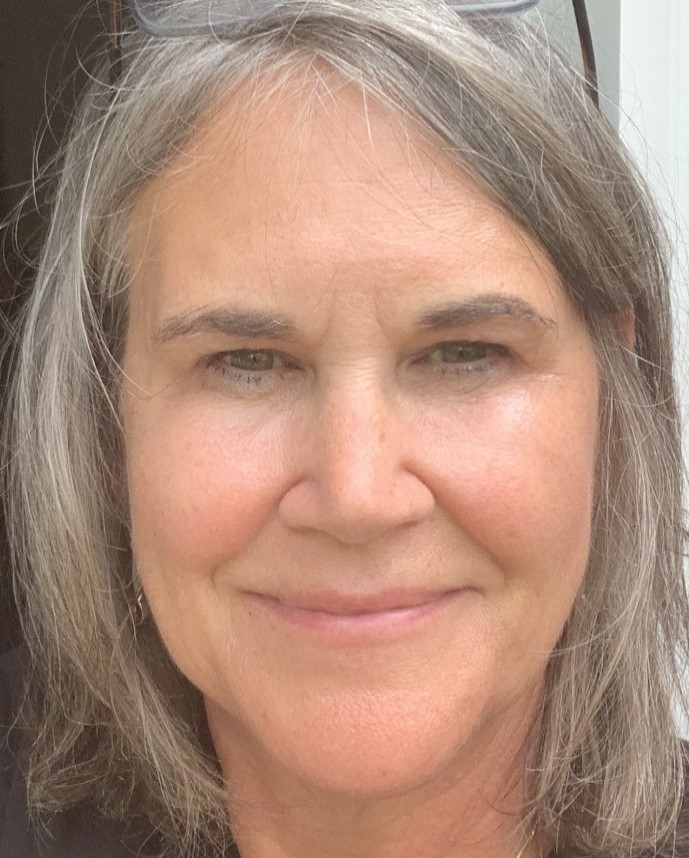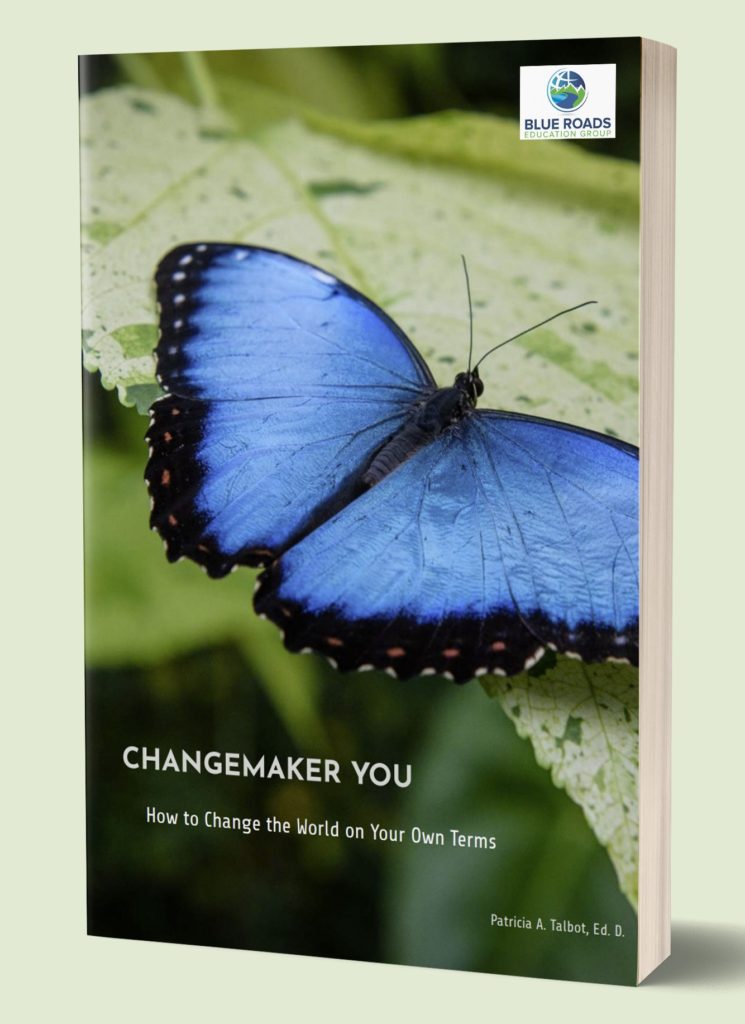This is Part 2 of a two part series featuring educator Angela Clevinger from Pulaski Virginia. You'll remember we left off after she talked about her homegrown roots as the daughter of a Klansman who changed her loyalties in her fifth grade year where she was inspired and motivated by her African American teacher, Mr. John Hocker. She grew up to be a teacher working for equity and active in her local and state education associations.
We'll pick up “Part 2” where she talks about her Patchwork and her take on what it means to be a Changemaker.
The theme of advocacy threads through Angie’s personal and professional lives as an adult.
In contrast to her own early childhood where she was carted around to marches to promote a racist agenda, Angie now speaks up and attends marches for quality education, civil rights and justice for all. She uses her poetry as a kind of activism as well. While Angie’s poems often celebrate her Appalachian heritage from an insider’s perspective, she brings a reflective voice that illustrates a capacity to view her life from both her inside lived experience and an outside philosopher’s wisdom.
Her willingness to stand up for what is right has at times put her in the hot seat.
She cites one example when someone sent an inflammatory email making a generalized comment about the Muslim religion. When she called out the comment, she was “called on the carpet”. But that didn’t stop her.
I remember saying the problem isn't that somebody shared something. The problem is that when I spoke up about it, now I'm in trouble…
This doesn’t sit well with Angie. The Pulaski County schools she knows, have taught her to stand strong in the knowledge that schools must be safe places where there is love and access to resources for all.
That's a tall order. Before there were all these labels about trauma-informed care or anything, it was happening in Pulaski County Public Schools way back in the eighties and I think it still happens.
Once again, she uses her fifth grade teacher, Mr. Hocker as an example.
My relationship with Mr. Hocker led me to try to have more interactions with people who were different than me by just being very inquisitive and asking about people's experience.
What she’s learned has taught her to stand up for people different from herself and has made her a strong advocate for the Black Lives Matter movement and other movements supporting diverse groups.
I do not have the worries and the same experiences happening to me, but as a fellow human being, I can be supportive. I can be kind. I can show love and I can get involved.
Whatever the need, whatever the group, Angie says
Our work is to listen to the stories and make the relationship strong.
She talks about the importance of investing emotionally in those relationships. Humans need to be cared for and invested in. At the very least, there can be sympathy, but real change comes with EMPATHY.
To be empathetic means that you invest. And when you invest, then you become part of the solution. You become a part of the way…You can say, I am an ally. I am here. I am listening.
You have to be open for somebody to challenge your thought processes. I've seen over the last few weeks that I have continued my journey as I learn more and more, my eyes have been opened at the depth of the racism that is here. Because it wasn't affecting me personally. So how would I know? But now that I know I can do better. I can be a part of the solution.
Angie talks about how the way we use language is an important part of the necessary change. While some in her advocacy work have wearied of conversations around identifying language such as “Native American vs. Native Peoples vs. Indigenous Peoples,” Angie sees the conversation itself as important.
Words matter so much.
She cites examples from her own life when she was bullied by children making fun of her eating habits. Empathy calls upon us to remember that each student is “somebody’s child.” Those are people who are depending on you.
Right here in this little section of the world, Pulaski, Virginia…I can make this whole section good. I can make it better. Not cure it, not fix it, but I can make it better.

Changemaker Angie
When asked her thoughts on what we call the “changemaker effect”, Angie reflects on how she hopes to be remembered.
I hope when it's all said and done people say “Angie, she made Pulaski county and the world through her work a little better.”
You got people in your life that help you, but everything that happens and the choices you make do have a ripple effects…Getting up in the morning and saying, “What am I going to do today to help? In every moment I feel like you have a choice to do something that helps the situation or makes a situation worse. It's very few times that your actions have no effect because you're just neutral.
I think back to that conference with Mr. Hocker and my father and him treating my father with such respect, knowing my father's background. That was one of those touchstone moments in my life. And because that happened, there's been this ripple effect in my life.
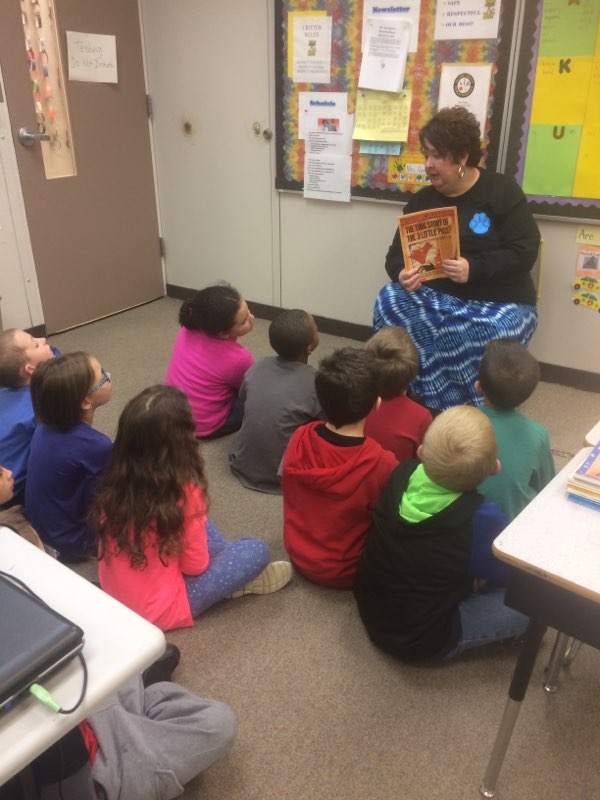
Everything that we do as educators has no way but to make a ripple effect.
So every day in your pedagogical practice and every day in your relationship building…somebody will be talking about it at a dinner table 20 or 30 years after you're dead. Now, that conversation has a lot to do with how you treat others and what you dedicate your life to… If you're genuinely invested in them, it means that you sometimes go home with tears in your eyes because you can't figure out the best thing to do for the kid that you found out was being abused or doesn't have parents at home and may not be eating right.
It means that when you go sleep at night, you think about them. It means that you spend time outside of your school work day researching best practices because when it comes down to it, you are a first responder.
I am everything I am because of one conference and one man, because … maybe that was the moment I had to have so that I could continue to grow, not academically so much, but I stopped being in fights. I wasn't in trouble anymore. I believed I could be smart… Mr. Hocker saw that there was something here and he made me believe that I could be smart…
There are so many beautiful minds out there that we have not even begun to tap into. I think the reason we are starved of their knowledge or denied their knowledge is because before you can know the brain, you have to open the heart.
You can deliver content. My computer can do that…That is a transformation that has to happen. One doesn't stop abusing drugs, or stop being a racist or grow in any capacity until they open that heart and have a relationship with someone that makes them feel like they're worthy of love.
It's not that people are innately bad. People are beautiful. It's just, sometimes they're like tarnished silver, and you have to help them shine up a little bit.
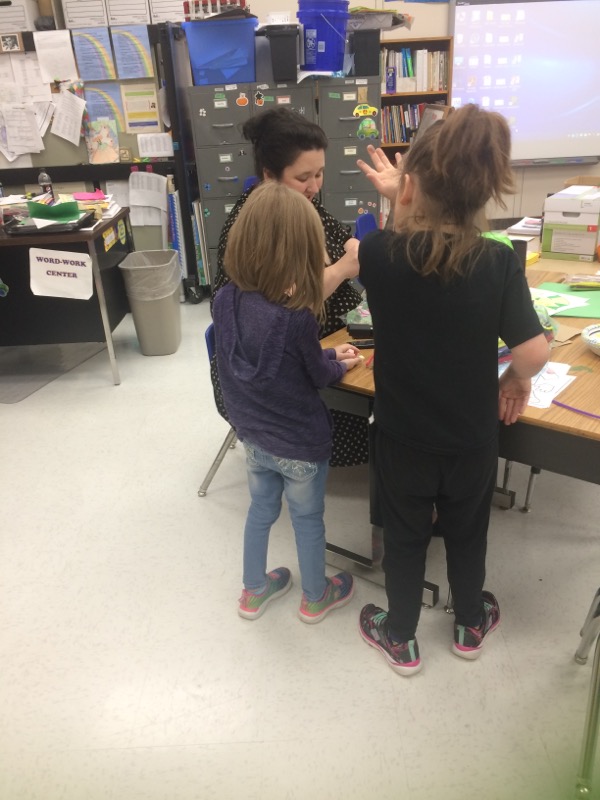
One idea Angie has for “shining up” the potential for the people of Pulaski County is outlined in her proposal for Learning Hubs. You can click the words Learning Hubs to read the full proposal. Her idea would involve local businesses in partnerships to create a learning hub in a local Section 8 housing development called Washington Square. This is where her mother lived when Angie was growing up. In an apartment space there, Angie dreams of a center that houses everything from computers and books to food and professional clothing for interviewing. People of all ages could gather in the space for tutoring assistance and the kind of support that helps folks move forward with learning and with life.
I shared this idea with my mother… She had tears coming out of her eyes. That's when I realized it was full circle. If I can be to some child what everybody that invested in me was to me, then I know…I'm doing well.
Follow these links to access Angie's published and award winning poetry:
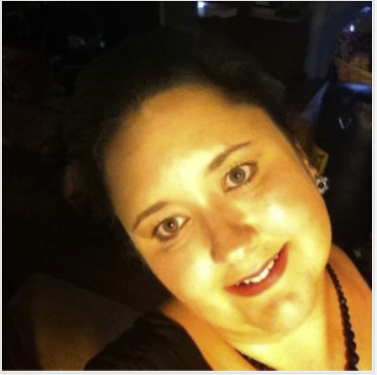
She’s modest about being selected for a Changemaker interview.
This is not a story of me doing something special. This is a story about a whole school system, who came in contact with me doing very special things and I am just the ripple.
I am not the pebble, but I hope to become the pebble. I hope to become the pebble for someone else.
I look around and you could've done a whole series of just Pulaski County (changemakers) because they are everywhere!
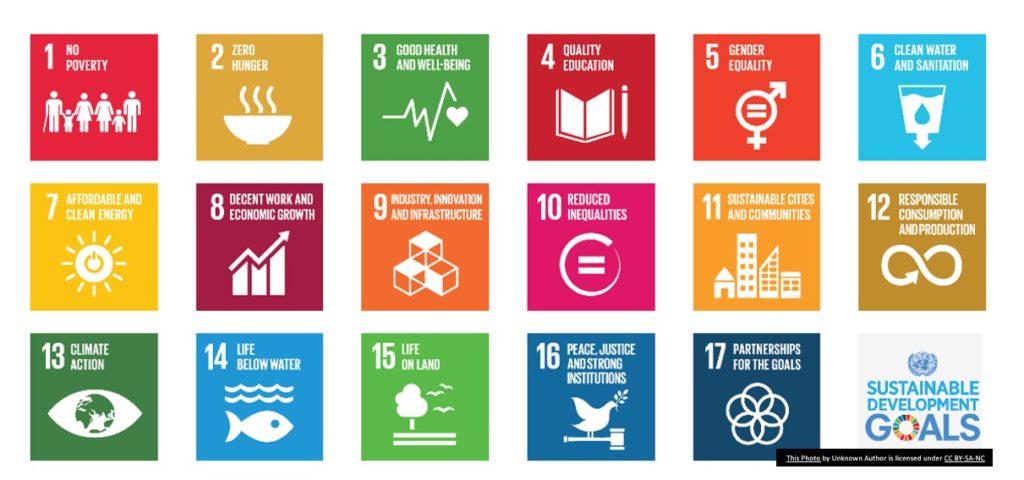
Like most CHANGEMAKERS I know, Angie doesn't claim the title for herself. Nevertheless, when you consider the University of Northampton's definition of the word (anyone who sees a social or environmental problem and has the skills and grit to do something about it), it is quite clear Angie fits the bill. She's working on United Nations Global Goal #4 – Quality Education and #10 – Reduced Inequalities for certain. If you look closely at her story, you'll also see a commitment to others as well. #1 – No Poverty, #2 – Zero Hunger, #3 – Good Health and Well Being, #5 – Gender Equality all come to mind. What about you? Can you see other work toward the Sustainable Development Goals above in Angie's story? And your own?
Are you interested in learning more about what it takes to be a CHANGEMAKER like Angie Clevinger? I invite you to check out our course, CHANGEMAKER YOU here to learn more about how to cultivate the changemaker in yourself and those around you.
About the Author
Patti cultivates homegrown changemakers prepared to step into their power and work with others to create the world they want to live in. Get in touch to find out how you can grow the social changemaker in yourself and those you serve with Blue Roads Changemaker YOU.
Podcast: Play in new window | Download
Subscribe: Spotify | iHeartRadio | Email | TuneIn | Deezer | RSS | More
